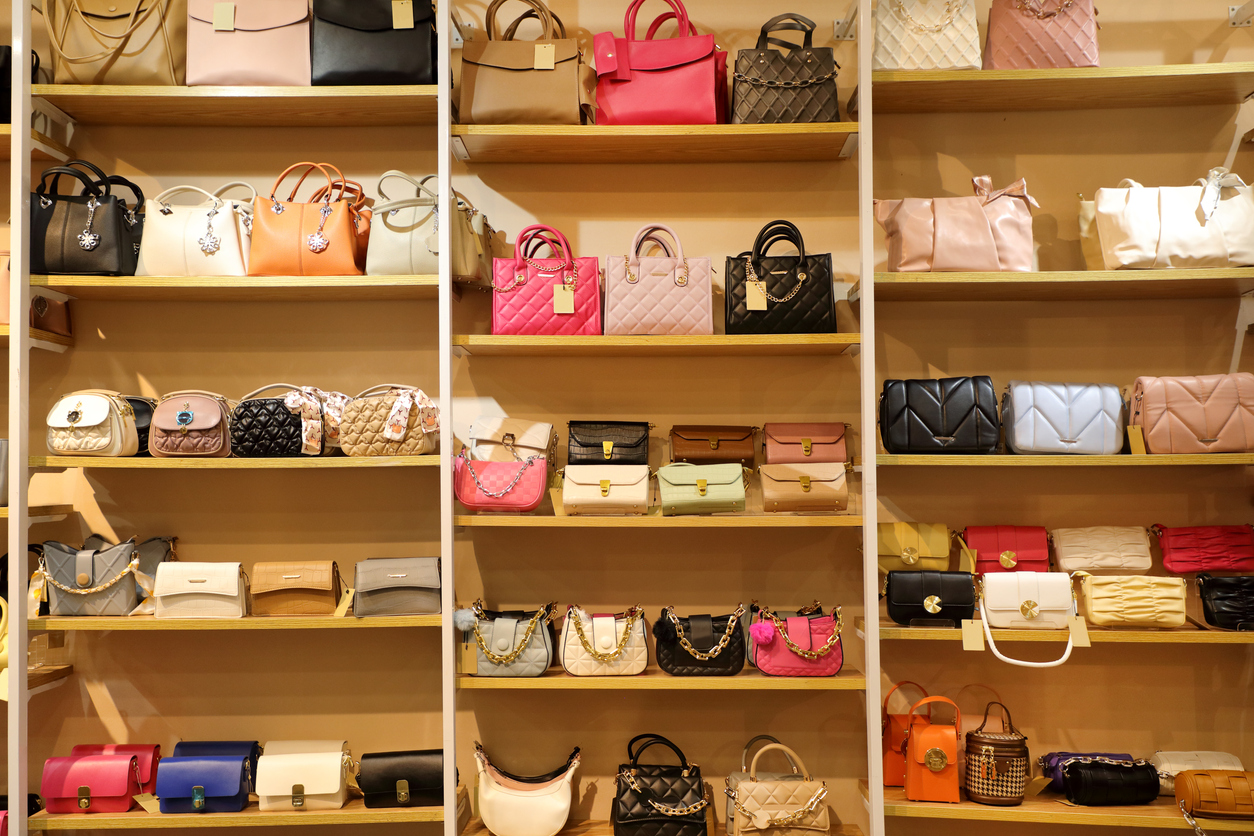Designer bags have transcended mere functionality, becoming symbols of status, craftsmanship, and personal style. Over the years, they’ve remained one of the most coveted luxury items, cherished by fashion enthusiasts worldwide. Whether you are a collector, a trend follower, or simply someone looking for a timeless piece, designer bags hold an allure that is hard to resist. This article explores the key aspects that make designer bags so desirable.

The Appeal of Designer Bags
One of the primary reasons designer bags are so popular is their association with luxury. Owning a designer bag is often viewed as a status symbol, reflecting not just wealth but also a taste for high-quality craftsmanship and exclusivity. Brands like Chanel, Louis Vuitton, Gucci, and Hermès have long established their reputations for producing bags that are not only durable but also timeless.
Designer bags also offer a sense of exclusivity. Limited-edition releases, unique designs, and collaboration collections are often highly sought after by fashion collectors and enthusiasts. The rarity of some pieces elevates their value, making them even more appealing to those looking to invest in fashion.
Craftsmanship and Quality
One of the most important factors that set designer bags apart from regular handbags is their impeccable craftsmanship. These bags are typically handmade or produced using specialized techniques by skilled artisans. The materials used in their construction, such as high-quality leather, exotic skins, and fine metals, are chosen with the utmost care to ensure durability and aesthetic appeal.
Brands like Hermès are renowned for their meticulous attention to detail. Each Hermès Birkin bag, for example, can take up to 48 hours to make by a single artisan, reflecting the time and effort that goes into creating these pieces. Similarly, Chanel bags are known for their quilted leather design and high-quality hardware, which are both a testament to the brand's dedication to superior craftsmanship.
Timelessness and Versatility
A significant appeal of designer bags is their timelessness. Unlike fast fashion, which can quickly go out of style, designer bags are created to transcend seasons and trends. Classic pieces like the Chanel 2.55 or the Louis Vuitton Speedy have remained popular for decades, continuing to attract new generations of fashion lovers.
The versatility of these bags is another reason they have sustained their popularity. A well-chosen designer bag can complement a wide range of outfits and occasions, from casual daywear to more formal evening events. Their ability to adapt to different settings ensures that a designer bag remains a staple in any wardrobe, making it a worthy investment.
The Investment Value
Designer bags, unlike most fashion items, have the potential to increase in value over time. This is particularly true for iconic models from brands such as Hermès, Chanel, and Louis Vuitton. For example, the Hermès Birkin bag has seen a consistent rise in price on the resale market, often outperforming traditional investments like gold or stocks. As certain models become rarer and more difficult to obtain, their value can skyrocket, making them prized possessions in the fashion world.
Collectors often seek out limited-edition bags or those made from rare materials, knowing that their value is likely to appreciate over time. For many, purchasing a designer bag is not just about aesthetics or status—it’s also a smart financial investment.
The Influence of Celebrity Culture
Celebrities play a significant role in the popularity of designer bags. From Hollywood A-listers to influential fashion bloggers, the endorsement of a particular designer bag can propel it to iconic status almost overnight. Brands often gift bags to celebrities or influencers as a way to generate buzz and increase demand. The sight of a famous figure carrying a designer bag can significantly influence consumer behavior, with fans eager to replicate their style.
Additionally, social media has amplified the visibility of designer bags, with platforms like Instagram and TikTok showcasing countless influencers and celebrities flaunting their luxury pieces. This increased exposure has only added to the allure of owning a designer bag, particularly for those who want to emulate their favorite style icons.
Sustainability and Ethical Concerns
As the fashion industry becomes more conscious of sustainability and ethical practices, designer brands are beginning to respond to consumer demands for more responsible production. Some luxury brands have introduced eco-friendly lines, using sustainable materials or ensuring their production processes adhere to ethical labor standards. Stella McCartney, for example, is known for her commitment to sustainability, offering designer bags that are not only stylish but also environmentally conscious.
However, the use of exotic skins and animal products by some luxury brands remains a topic of debate. As consumers become more aware of the ethical implications of their purchases, they may gravitate toward brands that align with their values, prompting shifts in how designer bags are made and marketed.
Conclusion: A Lasting Fashion Legacy
Designer bags continue to hold their place as one of the most cherished and admired fashion items in the world. They are symbols of luxury, craftsmanship, and personal expression, offering a blend of aesthetic appeal and practical function. Whether purchased for their investment potential, their ability to elevate an outfit, or simply for the love of fine craftsmanship, designer bags remain timeless fashion icons.
As the industry evolves with changing consumer values and sustainability concerns, designer bags are likely to continue adapting, ensuring their place in the fashion world for generations to come. For those who appreciate the finer things in life, a designer bag will always represent more than just an accessory—it will remain a statement of style, success, and elegance.


